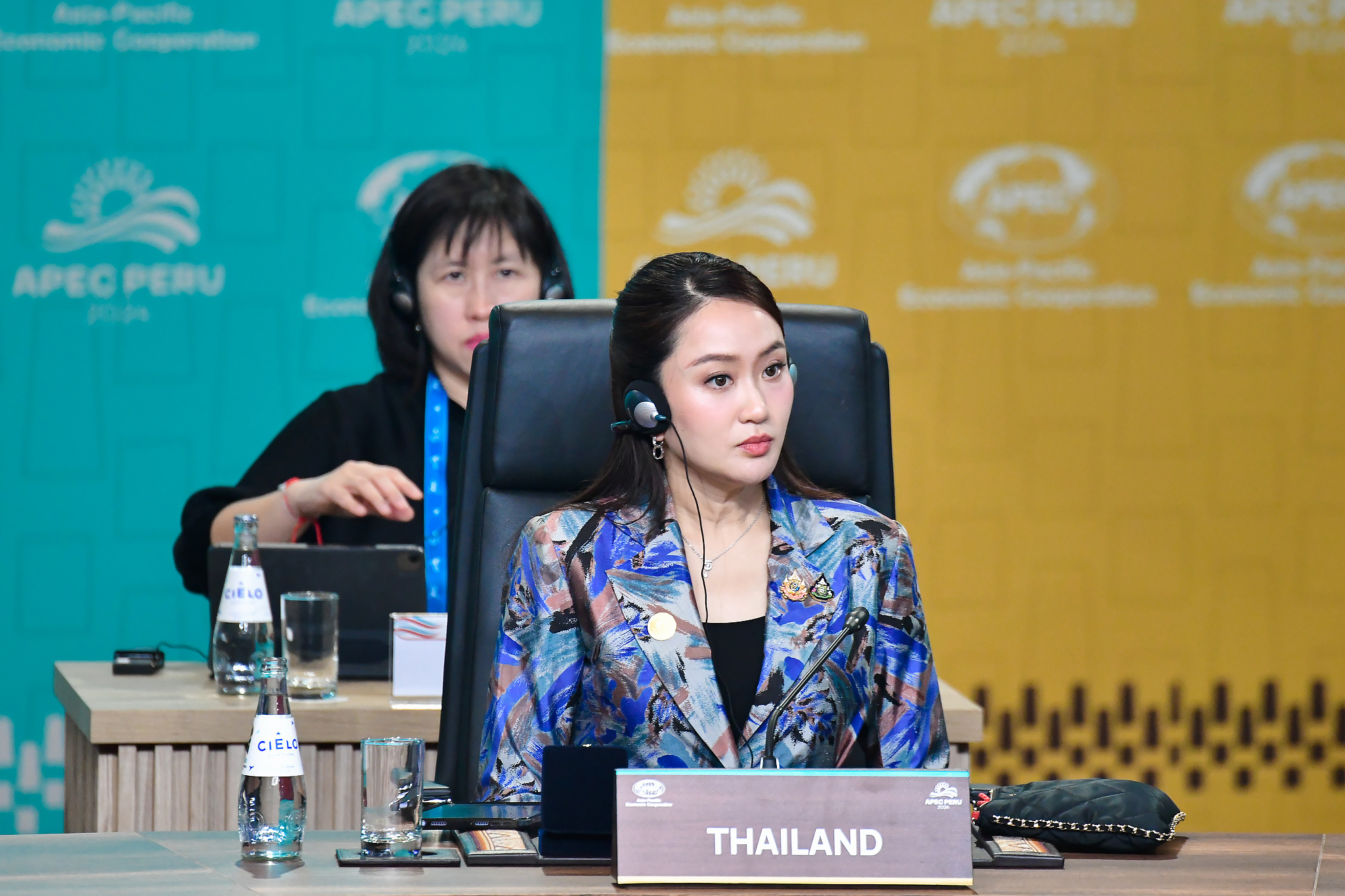Thailand to finalise free-trade deal with EFTA by January

Thailand is set to finalise a free-trade agreement with the European Free Trade Association (EFTA) by January next year, aiming to boost its export market and draw European investors. This announcement from the Ministry of Commerce emphasises a strategic step forward in Thailand’s economic expansion.
Commerce Minister Pichai Naripthaphan confirmed the completion of negotiations for the Free Trade Agreement (FTA) with EFTA, which includes Switzerland, Norway, Iceland, and Liechtenstein.
The minister revealed that discussions, which started in 2022, reached a successful conclusion within the two-year target. Thailand now seeks to expand its export potential, Pichal reveals.
“This agreement is a pivotal move for Thailand as it seeks to strengthen trade ties and expand its export potential in line with Prime Minister Paetongtarn Shinawatra’s vision.”

The FTA encompasses 15 broad areas, including trade in goods, rules of origin, trade facilitation, and investment. It also addresses intellectual property, public procurement, competition, sustainability, and the development of small and medium-sized enterprises (SMEs).
“This is Thailand’s inaugural FTA with a European trade bloc, setting a precedent with modern standards and sustainable development goals, added Pichai. He expressed optimism that this would lead to future agreements with other significant partners like the European Union.
The agreement is scheduled for presentation to the Cabinet for approval, with the signing planned at the World Economic Forum (WEF) in Davos, Switzerland, next January. Both PM Paetongtarn and Pichai are expected to attend the event.
Following Parliamentary approval, the agreement will be ratified, setting the stage for its implementation and anticipated contribution to Thailand’s economic growth.
Trade between Thailand and the EFTA from January to October this year surpassed US$10 billion, accounting for 2.03% of Thailand’s total global trade and marking a 23.22% increase compared to the previous year.
Key Thai exports to the EFTA include jewellery, watches, canned seafood, machinery, cosmetics, and rice. Conversely, imports from the EFTA focus on gems, gold, pharmaceuticals, scientific equipment, and fresh seafood, reported Bangkok Post.
Frequently Asked Questions
Here are some common questions asked about this news.
Why is Thailand’s FTA with EFTA considered a pivotal move?
It aims to enhance trade relations, expand exports, and draw European investments, supporting economic growth.
How might this FTA influence Thailand’s future agreements with other regions?
Setting a precedent with modern standards could facilitate future FTAs with entities like the EU.
What if Thailand’s FTA with the EFTA fails to deliver the expected economic benefits?
It could prompt a reassessment of trade strategies and potentially slow down negotiations with future partners.
How does this agreement align with sustainable development goals?
It includes provisions on sustainability, ensuring trade practices meet modern environmental and social standards.
What impact could this FTA have on Thailand’s SMEs?
The FTA aims to support SME development, potentially increasing their competitiveness and integration into global markets.
Latest Thailand News
Follow The Thaiger on Google News:


























